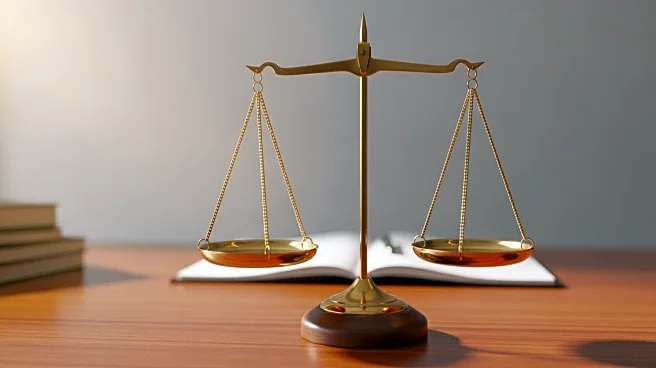What's Happening?
The U.S. Equal Employment Opportunity Commission (EEOC) has intensified its focus on religious rights cases, highlighting its efforts since the beginning of the Trump administration. This year, the agency has filed lawsuits related to vaccine mandates, social media posts, and antisemitism on college campuses. The EEOC aims to ensure that workers are not forced to choose between their paycheck and their faith, restoring evenhanded enforcement of Title VII. As religious rights intersect with political issues like the Israel-Hamas war and gender identity, employees nationwide are challenging workplace policies through private enforcement actions.
Why It's Important?
The EEOC's emphasis on religious rights reflects a shift in federal priorities, potentially leading to increased litigation and changes in workplace policies. As religious discrimination cases gain traction, employers may need to reassess their practices to accommodate diverse beliefs while maintaining compliance with federal regulations. The agency's actions could influence broader societal debates on religious freedom, bodily autonomy, and free expression, impacting how these issues are addressed in the workplace and beyond.
What's Next?
With the expected confirmation of nominated commissioner Brittany Panuccio, the EEOC may see a greater variety of religious bias lawsuits. Employers should prepare for potential changes in enforcement strategies and increased scrutiny of their policies. As religious rights continue to be a focal point, stakeholders will likely engage in discussions to navigate the complexities of balancing faith-based accommodations with other workplace considerations.










